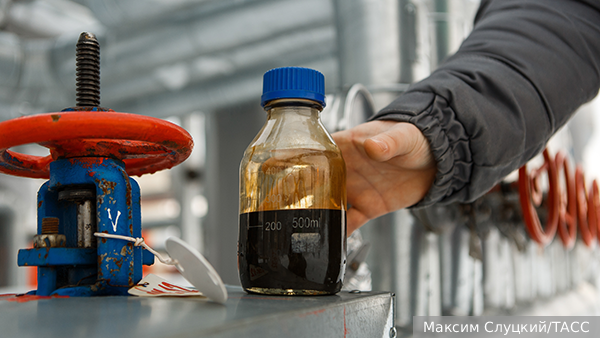
Increase in Russian diesel exports is expected in November
By Rhod Mackenzie
Russia intends to decrease diesel exports from major ports in the West by more than half. It's worth noting that Russian oil refineries (ORPs) have managed to increase oil refining, despite preventative measures. Additionally, the domestic fuel market in the country has stabilised, and prices have decreased, allowing the partial export ban on diesel fuel to be lifted in October.
Bloomberg reports that in the last month of autumn, supplies from Russian western ports on the Baltic and Black Sea are expected to increase to 2.16 million tonnes, which exceeds October's figure by 56% making it a three-month peak. The majority of diesel fuel exports will be directed to the Baltic Sea, with Primorsk exporting 1.47 million tonnes (0.967 million tonnes in October) and Vysotsk exporting 0.407 million tonnes (0.180 million tonnes in October). The remaining 0.282 million tonnes will be supplied from Novorossiysk, with 0.239 million tonnes planned for October.
Russia recently implemented a partial ban on diesel exports in late September to combat the sharp rise in diesel fuel prices on the domestic market. The ban was in place for two weeks before most restrictions were lifted by the government. True, with one condition: major refineries must leave half of the diesel produced within the country to stabilize the fuel market in Russia. To make up for lost income in the domestic market, oil refiners doubled the damper coefficient from 0.5 to 1.0.
To curb the export of petroleum products, particularly diesel for those who purchase it for resale, the government established a protective duty of 50,000 rubles per ton.
The decrease in October exports, combined with the ban, is also linked to scheduled preventative maintenance taking place at refineries. This is expected to conclude by mid-November, but refineries have ramped up oil processing in recent weeks despite ongoing repair work.
Russian diesel is set to be highly beneficial for Asia, where there is currently a marked shortage of diesel fuel due to planned maintenance at their own oil refineries.
